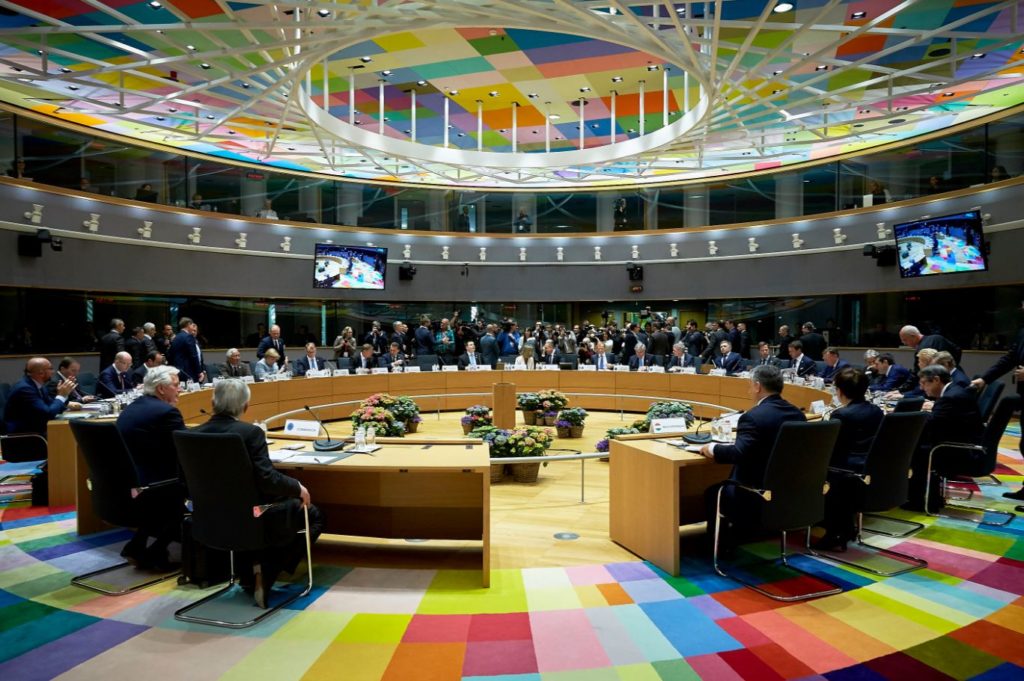04.01.2018 - 09:27
GRECO, Europe’s Group of States Against Corruption, has just published a damning report questioning the independence of Spain’s judiciary and the efforts made to fight corruption.
The organisation is disappointed that its recommendation to assess the legislation that governs Spain’s judiciary (Consejo General del Poder Judicial, CGPJ) and its effects on its actual and perceived independence hasn’t been fully implemented.
While the report indicates that Spain’s political authorities “have not been involved, at any stage, in the selection process of the judicial shift”, GRECO slams the Spanish authorities over its recommendation to lay down objective and evaluation criteria in law for the appointment of the higher ranks of the judiciary. The Council of Europe criticises Spain for having failed to pass legislation that sets the criteria for appointing the presidents of Provincial Courts, High Courts of Justice, the National Court and Supreme Court judges “in order to ensure that these appointments do not cast any doubt on the independence, impartiality and transparency of this process”.
Despite those shortcomings, the Council of Europe’s report highlights “the high quality of the judiciary” in Spain. For instance, it praises the process to issue “a national justice strategy aimed at enhancing independence, quality and efficiency” of the judiciary. For example, it mentions the adoption of a code of conduct and the establishment of a consultative Commission of Judicial Ethics, even if this is yet to be operational.
The report reviews Spain’s degree of fulfilment of GRECO’s recommendations issued four and a half years ago to prevent and fight corruption among members of parliament, judges and prosecutors. The report denounces the fact that the current level of compliance with GRECO’s recommendations remains “globally unsatisfactory” because Spain has not fully implemented any of the eleven recommendations issued in 2013: seven have been partly implemented and another four have not been implemented at all. Among the latter is the adoption of a code of conduct for MPs that is easily accessible to the public and comprises, for instance, information about the prevention of conflicts of interest, gifts and financial interests.
GRECO’s document also points out that its recommendation to introduce rules on how members of Parliament should engage with lobbyists who seek to influence the legislative process has only been partly implemented.
The Council of Europe is an international body based in Strasbourg representing forty-seven member states. Its goal is to uphold and protect democracy, the rule of law and human rights, particularly civil and political rights.



